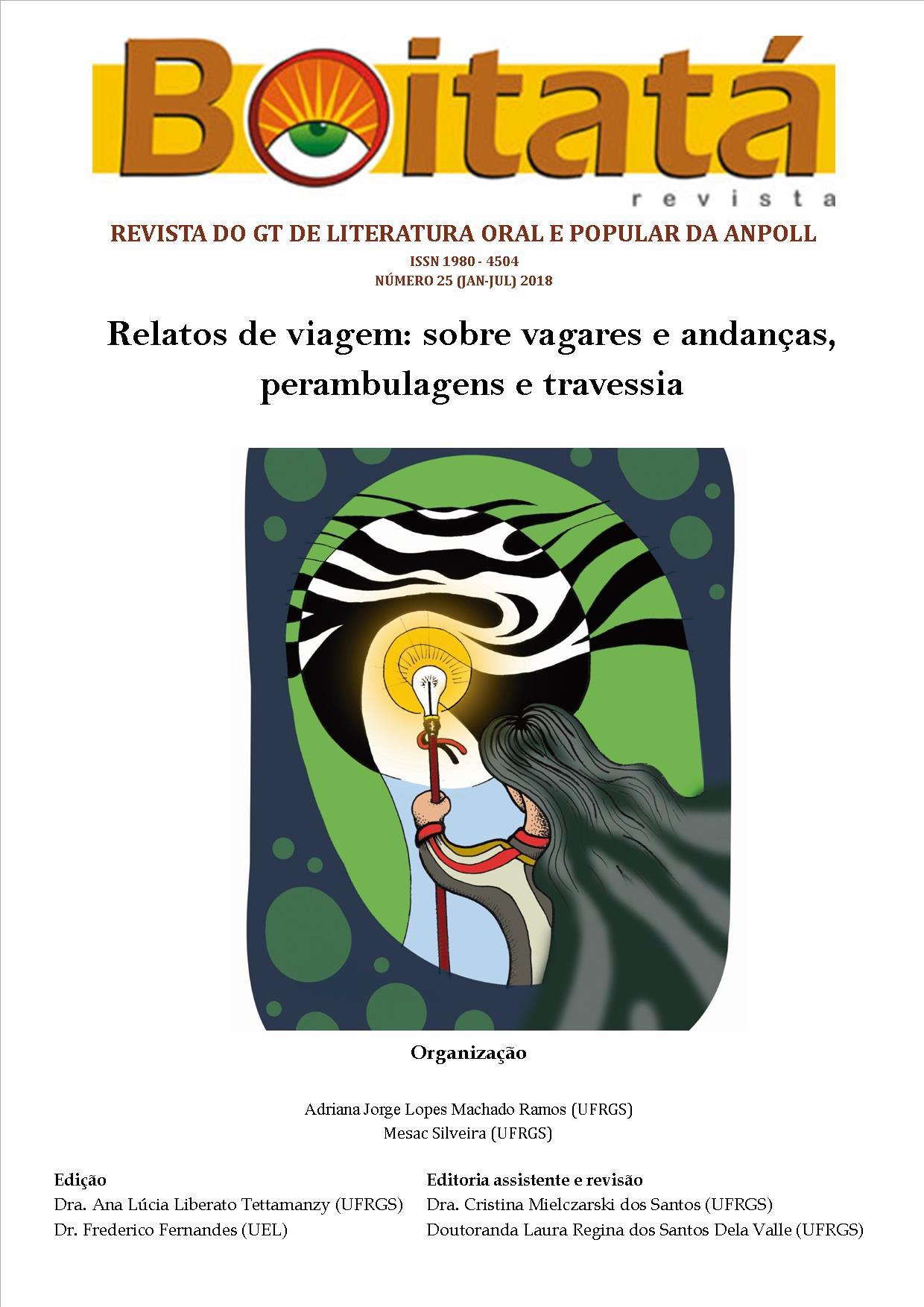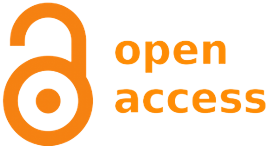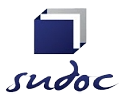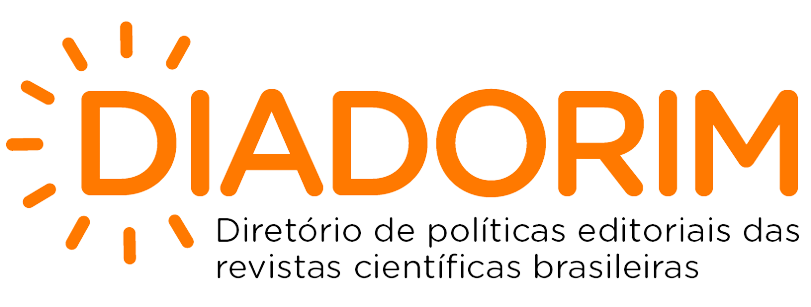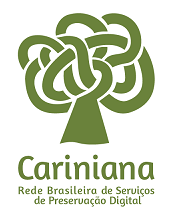Bildung (training) how travel is the experience of alterity
DOI:
https://doi.org/10.5433/boitata.2018v13.e35126Keywords:
Fate, Bildung, Formation, Crossin, Otherness.Abstract
The text reflects life as vagueness and non-domain. It seeks to contribute to the broadening of the meaning of formation (Bildung) concept, as it appoints a dynamic and hermeneutical movement which places us between weirdness and familiarity. It is essential to inquire what we have turned into, and it heads for the mysterious movement that conducts life, knowing that its imprint is inaccuracy, changeability, confrontation, border and crossing. Someone else's presence is perceived as disturbing, and growth does not rely on returning to oneself, yet, on recognizing an endless world that shall never be dominated or conceptualized. This is the general meaning of the experience of otherness. As a formative experience the return to the self through the other person is questioned, leading us to allow the prevalence of something that is against us. Being categorized as Fate the formation time is questioned, which, in opposition to pragmatic and utilitarian forces cannot be understood as a flow and it does not even hold an end. Thus, the formative experiences, which are supposed to conceive the dynamics of life, unfold not only to the certainty of life, but also to the possibility of the unknown.Downloads
Download data is not yet available.
References
BERMAN, Antoine. Bildung et bildungsroman. Le temps de la réflexion, v. 4, Paris, 1984.
BRANDÃO, Junito de Souza. Mitologia grega. 11. ed. Vozes: Petrópolis, 1997. v. I.
ÉSQUILO. Os Persas. In: Tragédias. Tradução de Torrano. São Paulo: Jaa. Iluminuras, 2009.
GADAMER, Hans-Georg. Verdade e método I: traços fundamentais de uma hermenêutica filosófica. Tradução de Flávio Paulo Maurer. Petrópolis, RJ: Vozes, 2015.
HERÁCLITO. Fragmentos. São Paulo: editora Nova Cultural, 1996 (Coleção Os Pensadores).
LEÃO, Eryc de Oliveira. Lei natural, causalidade e Destino - alguns apontamentos sobre a relação entre as moiras e os deuses em Ésquilo. Revista Estética Semiótica, v. 6, n. 2, 2016.
NIETZSCHE, F. Ecce homo: como alguém se torna o que é. Tradução de Paulo César de Souza. São Paulo: Companhia das Letras, 2009.
NIETZSCHE, F. A gaia ciência. Tradução de Paulo César de Souza. São Paulo: Cia. da Letras, 2001.
SUAREZ, R. Nota sobre o conceito de Bildung (formação cultural). Kriterion. v. 46, n. 112, p. 191-198, 2005.
BRANDÃO, Junito de Souza. Mitologia grega. 11. ed. Vozes: Petrópolis, 1997. v. I.
ÉSQUILO. Os Persas. In: Tragédias. Tradução de Torrano. São Paulo: Jaa. Iluminuras, 2009.
GADAMER, Hans-Georg. Verdade e método I: traços fundamentais de uma hermenêutica filosófica. Tradução de Flávio Paulo Maurer. Petrópolis, RJ: Vozes, 2015.
HERÁCLITO. Fragmentos. São Paulo: editora Nova Cultural, 1996 (Coleção Os Pensadores).
LEÃO, Eryc de Oliveira. Lei natural, causalidade e Destino - alguns apontamentos sobre a relação entre as moiras e os deuses em Ésquilo. Revista Estética Semiótica, v. 6, n. 2, 2016.
NIETZSCHE, F. Ecce homo: como alguém se torna o que é. Tradução de Paulo César de Souza. São Paulo: Companhia das Letras, 2009.
NIETZSCHE, F. A gaia ciência. Tradução de Paulo César de Souza. São Paulo: Cia. da Letras, 2001.
SUAREZ, R. Nota sobre o conceito de Bildung (formação cultural). Kriterion. v. 46, n. 112, p. 191-198, 2005.
Downloads
Published
2018-11-05
How to Cite
RAJOBAC, Raimundo. Bildung (training) how travel is the experience of alterity. Boitatá, Londrina, v. 13, n. 25, p. 64–74, 2018. DOI: 10.5433/boitata.2018v13.e35126. Disponível em: https://ojs.uel.br/revistas/uel/index.php/boitata/article/view/35126. Acesso em: 5 feb. 2026.
Issue
Section
Dossiê
License
Copyright (c) 2018 Boitatá

This work is licensed under a Creative Commons Attribution 4.0 International License.
Boitatá esta licenciada com CC BY sob essa licença é possível: Compartilhar - copiar e redistribuir o material em qualquer suporte ou formato. Adaptar - remixar, transformar, e criar a partir do material, atribuindo o devido crédito e prover um link para a licença e indicar se mudanças foram feitas.

